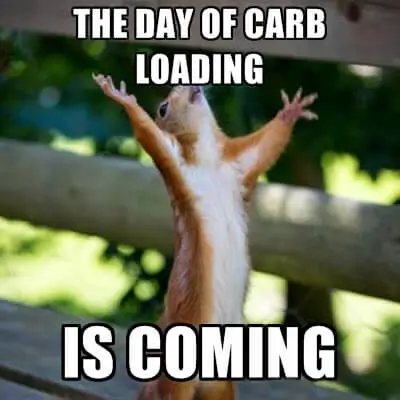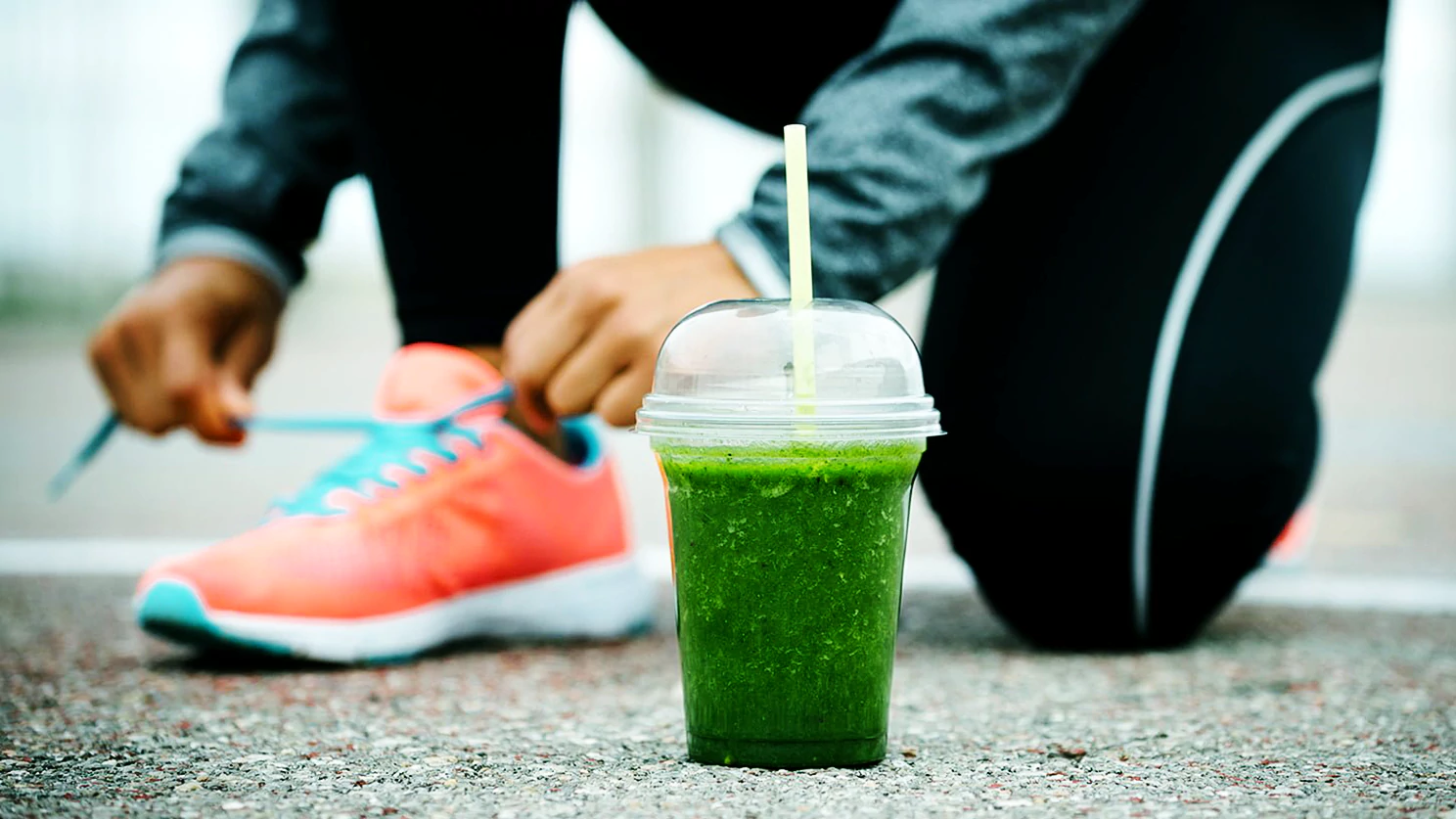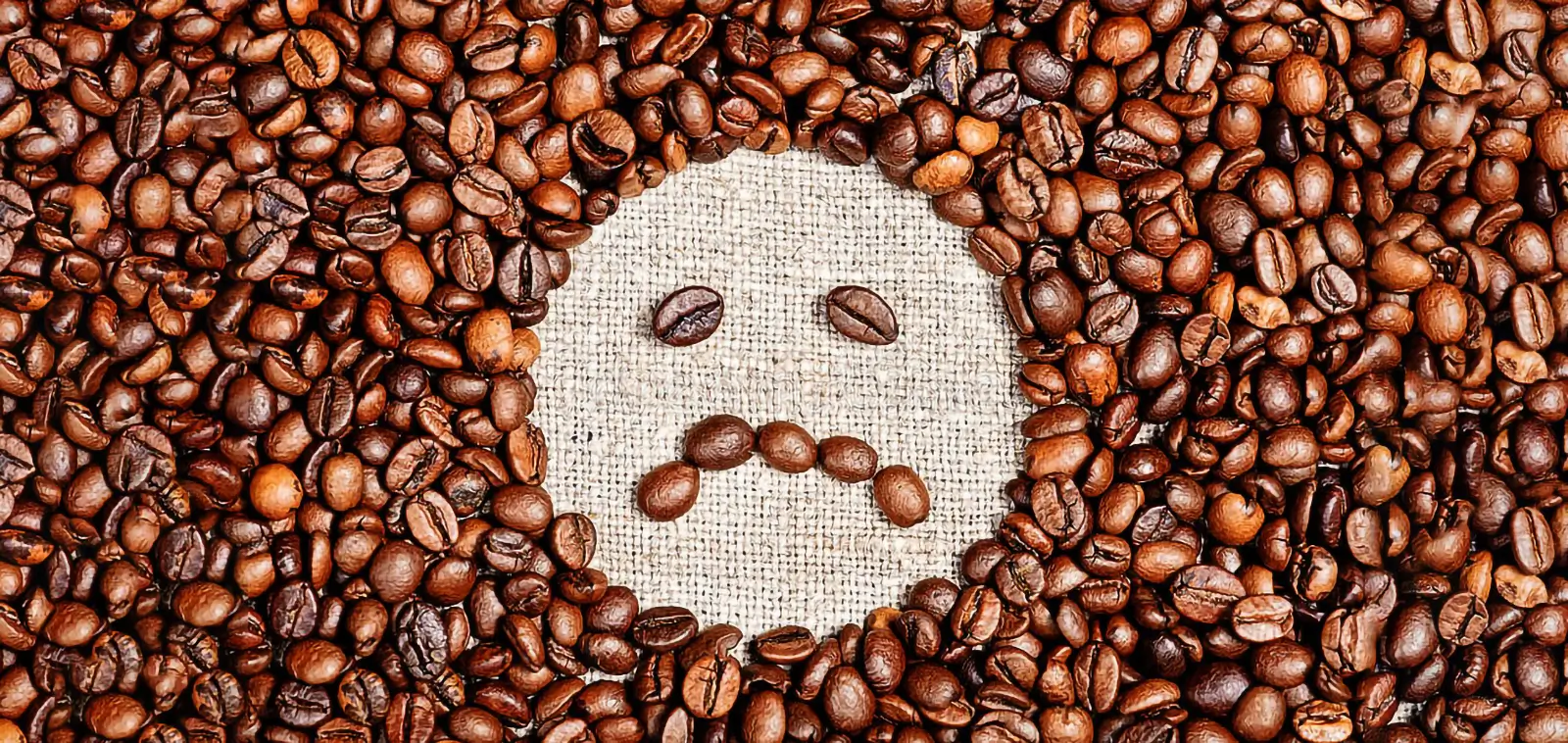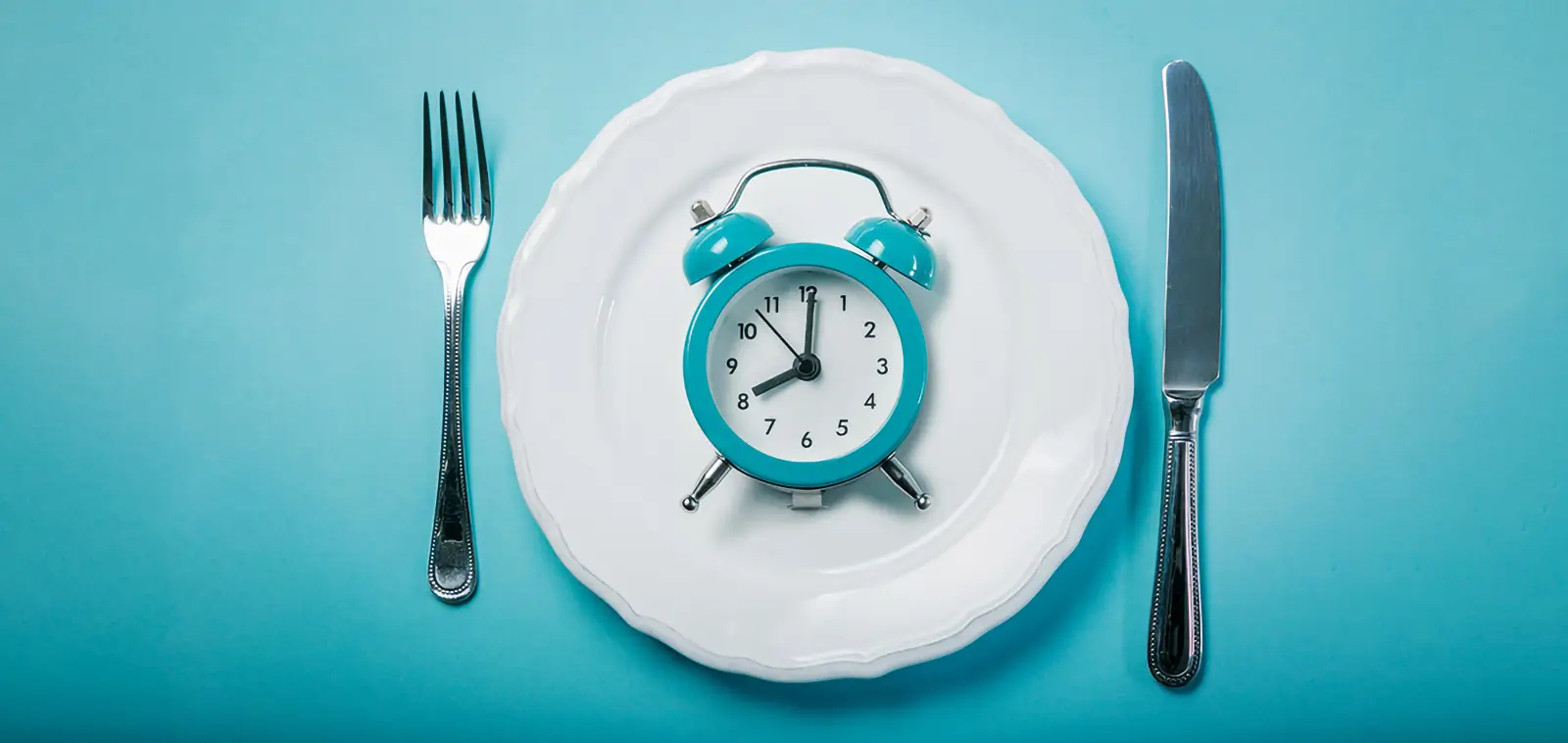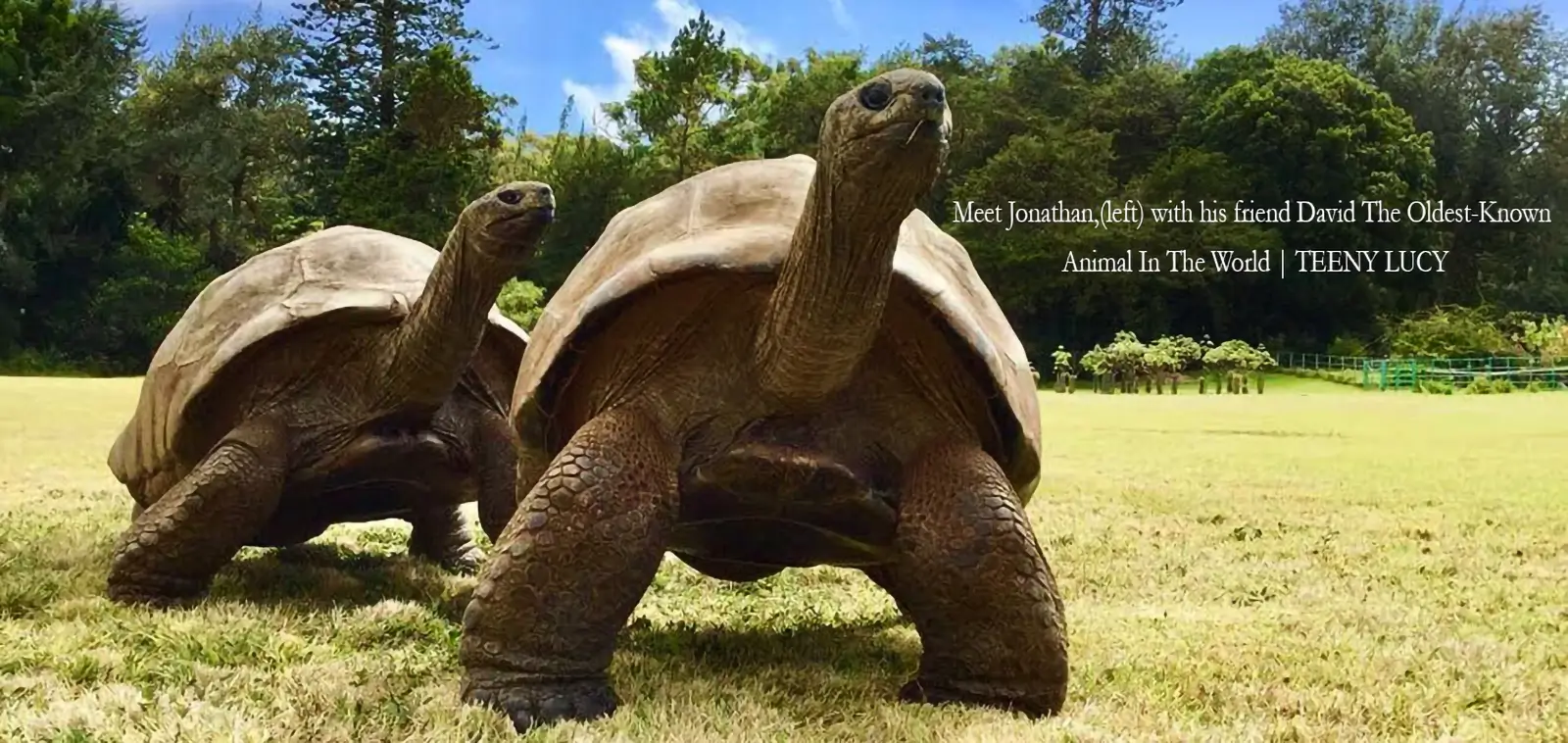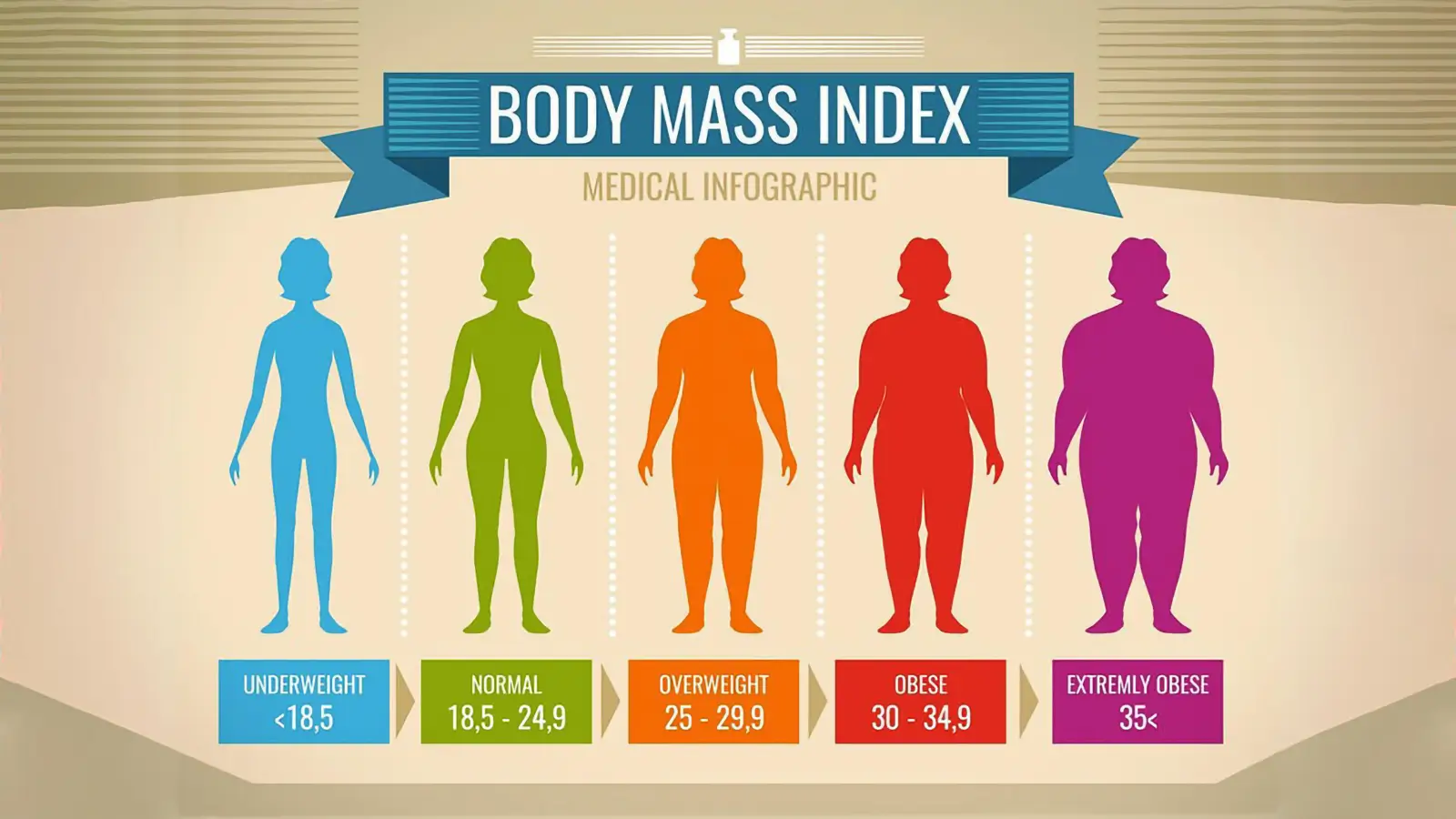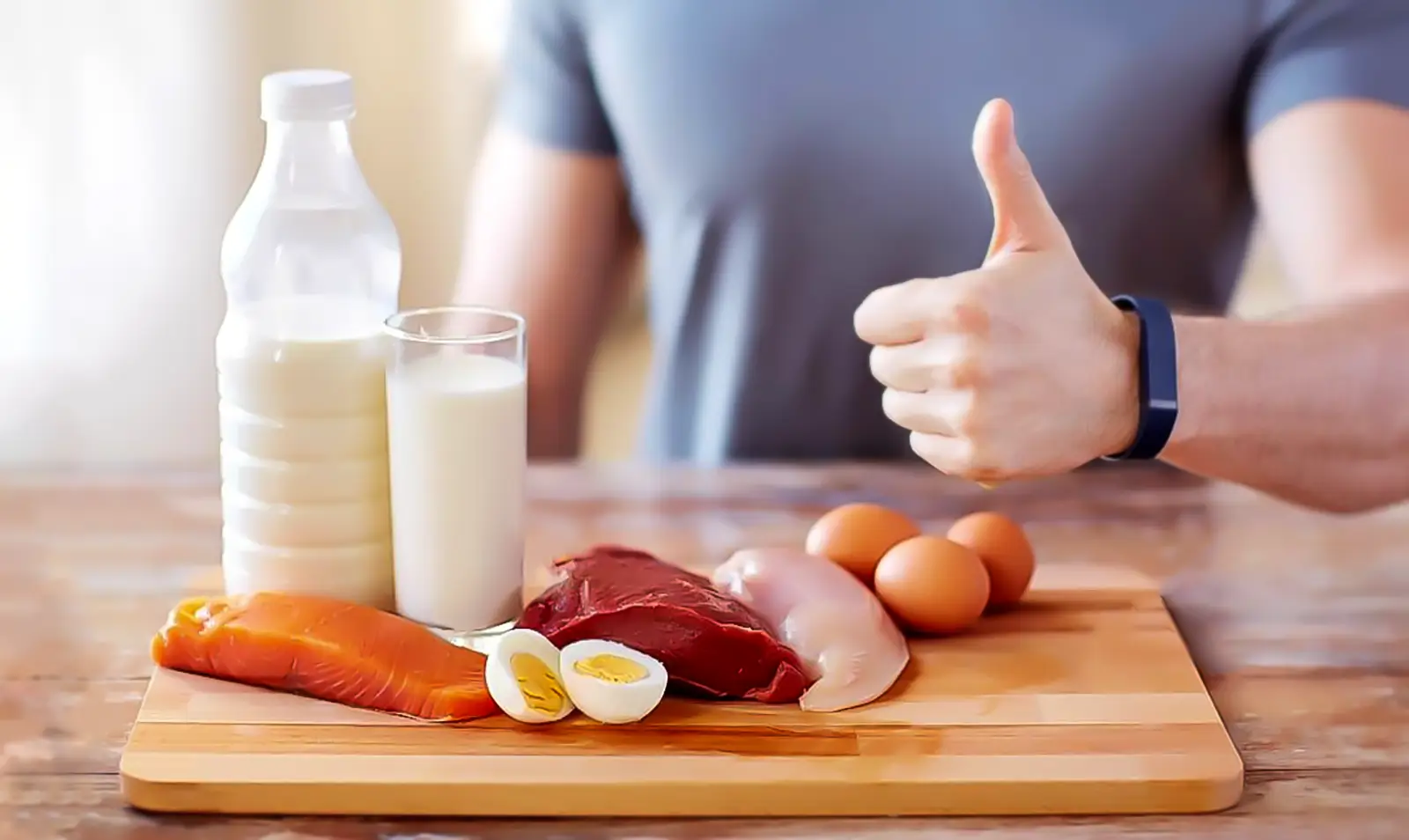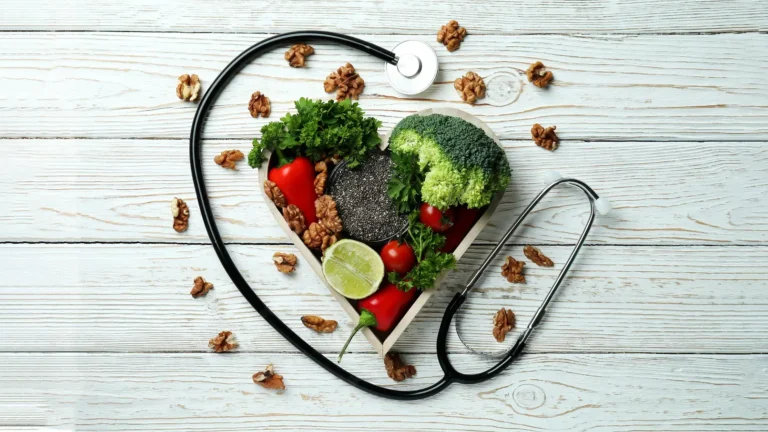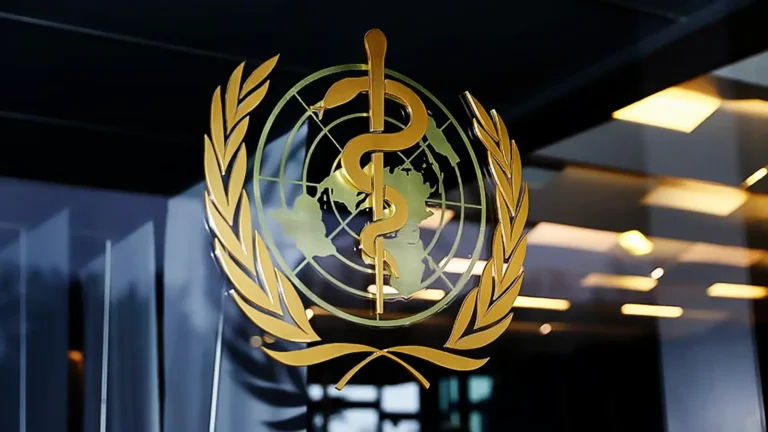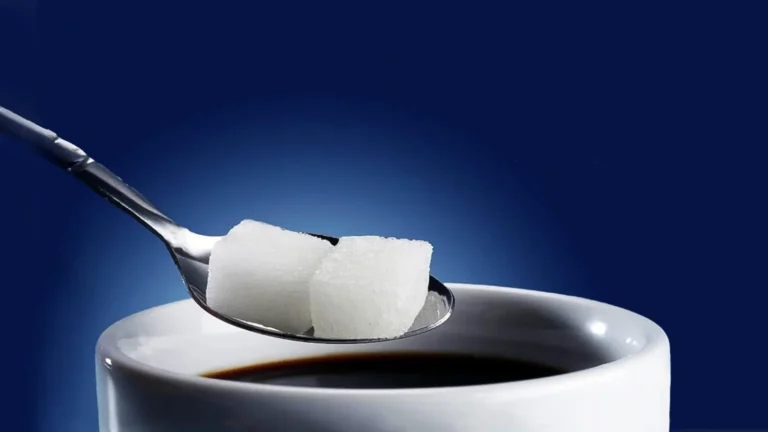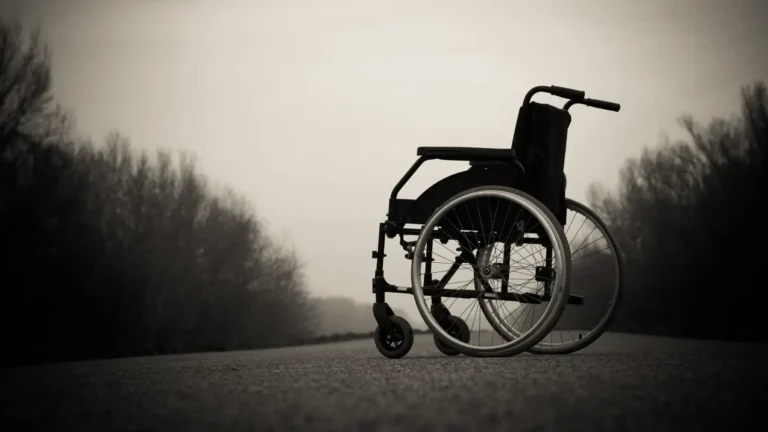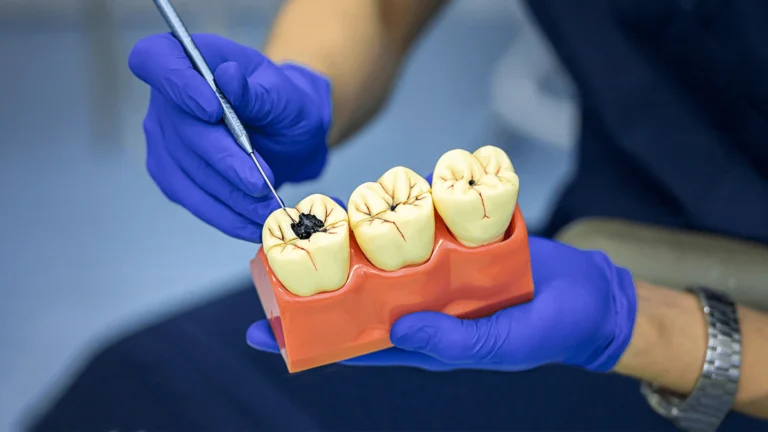Glycogen depletion- How not to exercise
What happens when we exercise or go on a restrictive diet? What is glycogen depletion and should we avoid it? Does glycogen depletion have any benefits?
Milos Pokimica
Written By: Milos Pokimica
Medically Reviewed by: Dr. Xiùying Wáng, M.D.
Updated May 29, 2023What happens when we exercise or go on a restrictive diet? What is glycogen depletion and should we avoid it? Does glycogen depletion have any benefits?
What happens to the body is that we go into fasting mode (not starving mode). It is a state that is completely different from starvation.
In the first stage, the body will burn readily available calories in the form of stored sugar glycogen. Same as fat our bodies have storage of ready-to-use sugar (glycogen) that is easily metabolized. It is quick energy that is available in an instant and unlike fat does not require any metabolic pathway. Our cells use glycogen directly.
Most of the sugar is stored primarily in the cells of the liver and the muscles, hydrated with water. When we start to burn more energy than we have available in the bloodstream our blood sugar level is going to drop. At the first stage as a countermeasure, our body is going to use an easily available source of stored energy or in other words stored glycogen. Because glycogen is hydrated with water inside the cells when we burn sugar water molecule is an excess or byproduct of metabolism. Because of that, we will lose some water weight in the first stage.
If you do not know this, you can be surprised when you go on a diet and lose water and be happy, to gain it all back after. Water loss released from glycogen and sodium is usually the culprit for dramatic first-week weight loss.
In the liver, glycogen reserves can build up to 5–6% of the organ’s flesh weight (100–120 grams in an adult). Muscles have a much lower concentration of glycogen, in the range of one to two percent of the total muscle mass.
The untrained individual holds typically about 400 grams of glycogen that is stored in the entire body, in both muscles and the liver. A trained professional athlete can hold double that amount. This amount of glycogen is enough to last for several hours of intensive exercise without replenishment.
When we train our body adapts, and the condition improves. Professional athletes also do something called carbohydrate loading after the exercises to force their bodies to adapt by increasing the storage capacity of intramuscular glycogen stores. There are some studies done on this. If we take caffeine or drink coffee glycogen stores tend to be replenished more rapidly.
Long-distance athletes often experience glycogen depletion. It is called “hitting the wall”. In professional sports, it has a powerful influence because after depleting sugar reserves, fatigue follows and sometimes to the point that it is difficult to move. This is the reason why you see athletes bonking. Bonking (Glycogen depletion) is not the state in which you are just feeling tired. Bonking is when your glycogen reserve stores get so low that your brain starts to run out of energy and then shuts your body down.
After the initial stage and metabolization of easily available reserves of glycogen, the liver will begin to break down fat and protein to form energy immediately. The problem is that this process takes time and until gluconeogenesis kicks in, an athlete may experience symptoms of hypoglycemia. If this happens, it will not be uncommon to see professional athletes collapse from extreme fatigue.
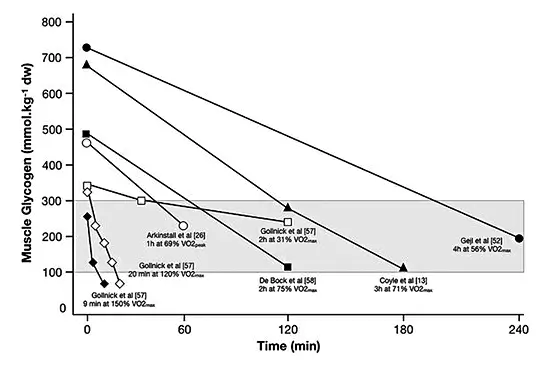
Hypoglycemia comes with dizziness, blurred vision, and hallucinations. Loss of consciousness may also occur under these conditions. The combined use of several different energy sources that allow extended high muscular power outputs that can be maintained for an extended period is a big deal in professional sports and research. Also, no we cannot go on a diet before the marathon to tap into gluconeogenesis and then run. Running a marathon using fat alone as a fuel source is not plausible. If we are able to metabolize fat at a higher rate then we would never become tired and could run indefinitely. The energy efficiency of fat metabolization, unfortunately, is not at that level.
Moreover, our body can only process a limited amount of carbohydrates per hour also, around 30-60 grams depending on individual efficiency. You probably won’t race a marathon, but it is essential to understand how the body works if you want to exercise, you can potentially do yourself damage, or don’t get the desired results.
In bodybuilding, it is a big deal also because catabolizing muscle mass for energy is not the desired course. After glycogen depletion from 16 hours to 72 hours, the body will lean heavily on amino acids and protein catabolism for energy creation. Amino acids will be used, and some of the muscle mass will be lost when going on a fast with or without exercise. We can try to minimize it, but some amino acids will be used for energy.
The loss of some of the tissue is not as bad as it sounds. It has an evolutional purpose and health benefits if done moderately. It is normal for all animals including humans to go into fasting mode periodically. Our bodies have adapted to fasting during evolution in the same way that we have adapted to physical activity. Moderate periodical fasting will help our body to clean its mutated and damaged precancerous cells in a process known as autophagy (self-eating). When there are two cells and one is damaged and one has to be destroyed for energy, the body will catabolize damaged cells first and thus clean itself in a sense. We will have a negative impact on our health if we do not incorporate exercise and fasting into our regular life.
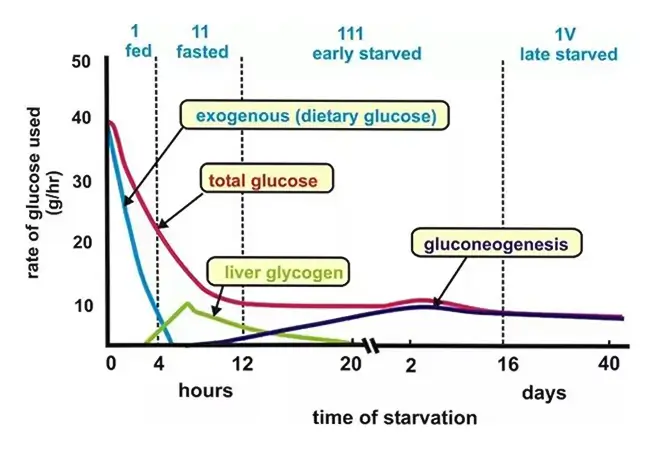
After this initial period, our metabolism will shift to ketosis where it gets almost all of its energy from ketone bodies from fat metabolism. The basal metabolic rate will drop also, or in other words, the use of energy will become more efficient. If you want to diet this is a state you would want to be in. A permanent caloric deficit in the amount that you can handle. Running a marathon or doing extensive exercise in a fast state might not be so beneficial because our brain will be left without food and will be forced to use our own muscle tissue for energy. This is not the desired outcome.
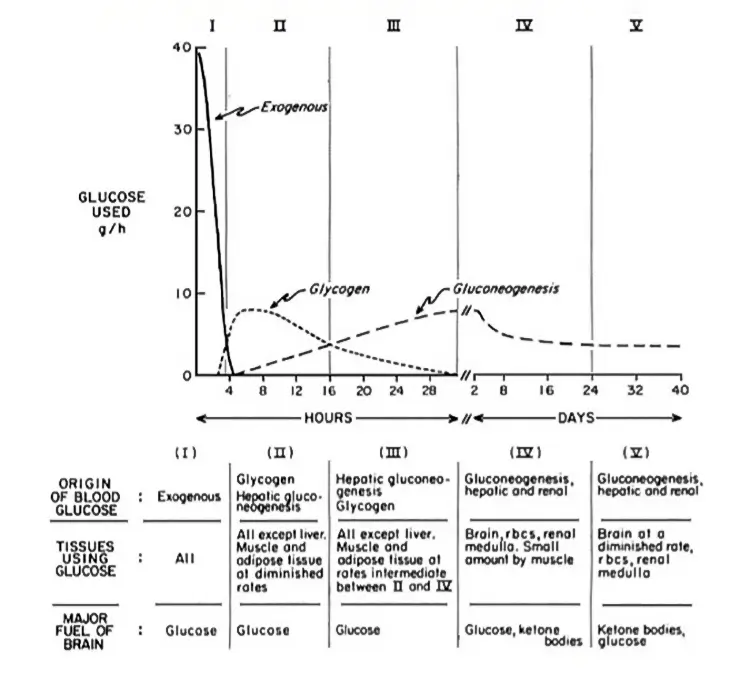
- Feeding – Insulin levels rise during meals. This allows glucose to be absorbed into tissues such as the muscle or brain and used directly for energy. Excess glucose is stored in the liver as glycogen.
- The post-absorptive phase occurs 6-24 hours after fasting begins. Insulin levels begin to drop. Glycogen breakdown produces glucose for energy. Glycogen stores last about 24 hours.
- Gluconeogenesis can take anywhere from 24 hours to 2 days. In a process known as “gluconeogenesis,” the liver creates new glucose from amino acids. This literally translates as “creating new glucose.” Glucose levels in non-diabetics fall but remain within the normal range.
- Ketosis – 2-3 days after fasting begins – The low insulin levels reached during fasting promote lipolysis or the breakdown of fat for energy. Triglycerides, the fat storage form, are composed of a glycerol backbone and three fatty acid chains. Glycerol is used in the process of gluconeogenesis. Many tissues in the body can use fatty acids directly for energy, but not the brain. Ketone bodies, which can cross the blood-brain barrier, are synthesized from fatty acids and used by the brain. Ketones provide approximately 75% of the energy used by the brain after four days of fasting. The two major types of ketones produced are beta-hydroxybutyrate and acetoacetate, both of which can increase by more than 70 percent during fasting.
- Protein conservation phase. High levels of growth hormone help to keep muscle mass and lean tissues in check. The energy required to maintain basal metabolism is almost entirely supplied by free fatty acids and ketones. Increased norepinephrine (adrenaline) levels prevent the metabolic rate from decreasing.
The human body has well-developed mechanisms for dealing with hunger. In essence, what we are describing here is the process of transitioning from burning glucose to burning fat. That is it. Fat is simply stored food energy in the body. When there is a scarcity of food, stored food is naturally released to fill the void. So, no, the body does not ‘burn muscle’ to feed itself until all fat stores are depleted. There will be some catabolism at acceptable levels if you don’t have diabetes. In situations where there is hypoglycemia for survival, our body will burn everything to preserve brain cells from dying. If you don’t have hypoglycemia then no the body will not burn muscle but fat.
We can last for a period of 2.5 to 3 months just drinking water depending on how much fat we have to begin with. If we have large amounts of fat, we can last much longer, but nutrient deficiencies will occur. Because of this reason low-calorie nutrient-dense, whole fiber-rich food is a base for every diet.
A good example of this is a man named Angus Barbieri, who water fasted for an entire year under medical supervision study (Stewart et. al, 1973). He was given vitamin supplements only. No calories, no protein.

References:
- Murray, B., & Rosenbloom, C. (2018). Fundamentals of glycogen metabolism for coaches and athletes. Nutrition reviews, 76(4), 243–259. https://doi.org/10.1093/nutrit/nuy001
- Impey, S. G., Hearris, M. A., Hammond, K. M., Bartlett, J. W., Louis, J., Close, G. L., & Morton, J. P. (2018). Fuel for the Work Required: A Theoretical Framework for Carbohydrate Periodization and the Glycogen Threshold Hypothesis. Sports Medicine, 48(5), 1031–1048. https://doi.org/10.1007/s40279-018-0867-7
- Stewart, W. K., & Fleming, L. W. (1973). Features of a successful therapeutic fast of 382 days’ duration. Postgraduate medical journal, 49(569), 203–209. https://doi.org/10.1136/pgmj.49.569.203
Related Posts
Do you have any questions about nutrition and health?
I would love to hear from you and answer them in my next post. I appreciate your input and opinion and I look forward to hearing from you soon. I also invite you to follow us on Facebook, Instagram, and Pinterest for more diet, nutrition, and health content. You can leave a comment there and connect with other health enthusiasts, share your tips and experiences, and get support and encouragement from our team and community.
I hope that this post was informative and enjoyable for you and that you are prepared to apply the insights you learned. If you found this post helpful, please share it with your friends and family who might also benefit from it. You never know who might need some guidance and support on their health journey.
– You Might Also Like –

Learn About Nutrition
Milos Pokimica is a doctor of natural medicine, clinical nutritionist, medical health and nutrition writer, and nutritional science advisor. Author of the book series Go Vegan? Review of Science, he also operates the natural health website GoVeganWay.com
Medical Disclaimer
GoVeganWay.com brings you reviews of the latest nutrition and health-related research. The information provided represents the personal opinion of the author and is not intended nor implied to be a substitute for professional medical advice, diagnosis, or treatment. The information provided is for informational purposes only and is not intended to serve as a substitute for the consultation, diagnosis, and/or medical treatment of a qualified physician or healthcare provider.NEVER DISREGARD PROFESSIONAL MEDICAL ADVICE OR DELAY SEEKING MEDICAL TREATMENT BECAUSE OF SOMETHING YOU HAVE READ ON OR ACCESSED THROUGH GoVeganWay.com
NEVER APPLY ANY LIFESTYLE CHANGES OR ANY CHANGES AT ALL AS A CONSEQUENCE OF SOMETHING YOU HAVE READ IN GoVeganWay.com BEFORE CONSULTING LICENCED MEDICAL PRACTITIONER.
In the event of a medical emergency, call a doctor or 911 immediately. GoVeganWay.com does not recommend or endorse any specific groups, organizations, tests, physicians, products, procedures, opinions, or other information that may be mentioned inside.
Editor Picks –
Milos Pokimica is a health and nutrition writer and nutritional science advisor. Author of the book series Go Vegan? Review of Science, he also operates the natural health website GoVeganWay.com
Latest Articles –
Top Health News — ScienceDaily
- The overlooked nutrition risk of Ozempic and Wegovyon February 4, 2026
Popular weight-loss drugs like Ozempic and Wegovy can dramatically curb appetite, but experts warn many users are flying blind when it comes to nutrition. New research suggests people taking these medications may not be getting enough guidance on protein, vitamins, and overall diet quality, increasing the risk of muscle loss and nutrient deficiencies.
- A 25-year study found an unexpected link between cheese and dementiaon February 4, 2026
A massive Swedish study tracking nearly 28,000 people for 25 years found an unexpected link between full-fat dairy and brain health. Among adults without a genetic risk for Alzheimer’s, eating more full-fat cheese was associated with a noticeably lower risk of developing the disease, while higher cream intake was tied to reduced dementia risk overall. The findings challenge decades of low-fat dietary advice but come with important caveats.
- MIT’s new brain tool could finally explain consciousnesson February 4, 2026
Scientists still don’t know how the brain turns physical activity into thoughts, feelings, and awareness—but a powerful new tool may help crack the mystery. Researchers at MIT are exploring transcranial focused ultrasound, a noninvasive technology that can precisely stimulate deep regions of the brain that were previously off-limits. In a new “roadmap” paper, they explain how this method could finally let scientists test cause-and-effect in consciousness research, not just observe […]
- Why heart disease risk in type 2 diabetes looks different for men and womenon February 4, 2026
Scientists are digging into why heart disease risk in type 2 diabetes differs between men and women—and sex hormones may be part of the story. In a large Johns Hopkins study, men with higher testosterone had lower heart disease risk, while rising estradiol levels were linked to higher risk. These hormone effects were not seen in women. The results point toward more personalized approaches to heart disease prevention in diabetes.
- Sound machines might be making your sleep worseon February 4, 2026
Sound machines may not be the sleep saviors many believe. Researchers found that pink noise significantly reduced REM sleep, while simple earplugs did a better job protecting deep, restorative sleep from traffic noise. When pink noise was combined with outside noise, sleep quality dropped even further. The results suggest that popular “sleep sounds” could be doing more harm than good—particularly for kids.
- This unexpected plant discovery could change how drugs are madeon February 3, 2026
Plants make chemical weapons to protect themselves, and many of these compounds have become vital to human medicine. Researchers found that one powerful plant chemical is produced using a gene that looks surprisingly bacterial. This suggests plants reuse microbial tools to invent new chemistry. The insight could help scientists discover new drugs and produce them more sustainably.
- A hidden cellular process may drive aging and diseaseon February 3, 2026
As we age, our cells don’t just wear down—they reorganize. Researchers found that cells actively remodel a key structure called the endoplasmic reticulum, reducing protein-producing regions while preserving fat-related ones. This process, driven by ER-phagy, is tied to lifespan and healthy aging. Because these changes happen early, they could help trigger later disease—or offer a chance to stop it.
PubMed, #vegan-diet –
- Diet type and the oral microbiomeon February 2, 2026
CONCLUSION: The diet-oral microbiome-systemic inflammation axis is bidirectional and clinically relevant. Understanding both direct ecological regulation and indirect metabolic effects is essential to support precision nutrition strategies aimed at maintaining oral microbial balance and systemic inflammatory risk mitigation.
- Consensus document on healthy lifestyleson January 22, 2026
Proteins are a group of macronutrients that are vital to our lives, as they perform various functions, including structural, defensive and catalytic. An intake of 1.0-1.2 g/kg/body weight per day would be sufficient to meet our needs. Carbohydrate requirements constitute 50 % of the total caloric value and should be obtained mainly in the form of complex carbohydrates. In addition, a daily intake of both soluble and insoluble fiber is necessary. Regular consumption of extra virgin olive oil […]
- Vitamin B12 and D status in long-term vegetarians: Impact of diet duration and subtypes in Beijing, Chinaon January 21, 2026
CONCLUSIONS: This study reveals a dual challenge among Beijing long-term vegetarians: vitamin B12 deficiency was strongly associated with the degree of exclusion of animal products from the diet (veganism), while vitamin D deficiency was highly prevalent and worsened with longer diet duration. The near-universal vitamin D deficiency observed in this study suggests that, in the Beijing context, the risk may extend beyond dietary choice, potentially reflecting regional environmental factors;…
- Nutritional evaluation of duty meals provided to riot police forces in Germanyon January 13, 2026
Background: The primary role of the German riot police is maintaining internal security. Due to challenging working conditions, riot police forces face an elevated risk of various diseases. During duty, forces are provided with meals. A balanced diet can reduce the risk of some of these diseases and contribute to health-promoting working conditions. Aim: First evaluation of the nutritional quality of duty meals in Germany based on German Nutrition Society recommendations (DGE). Methods: In…
- Iodineon January 1, 2006
Iodine is an essential trace nutrient for all infants that is a normal component of breastmilk. Infant requirements are estimated to be 15 mcg/kg daily in full-term infants and 30 mcg/kg daily in preterm infants.[1] Breastmilk iodine concentration correlates well with maternal urinary iodine concentration and may be a useful index of iodine sufficiency in infants under 2 years of age, but there is no clear agreement on a value that indicates iodine sufficiency, and may not correlate with […]
Random Posts –
Featured Posts –
Latest from PubMed, #plant-based diet –
- From paddy soil to dining table: biological biofortification of rice with zincby Lei Huang on February 4, 2026
One-third of paddy soils are globally deficient in zinc (Zn) and 40% of Zn loss in the procession from brown rice to polished rice, which results in the global issue of hidden hunger, e.g., the micronutrient deficiencies in the rice-based population of developing countries. In the recent decades, biofortification of cereal food crops with Zn has emerged as a promising solution. Herein, we comprehensively reviewed the entire process of Zn in paddy soil to human diet, including the regulatory…
- Molecular Characterization of Tobacco Necrosis Virus A Variants Identified in Sugarbeet Rootsby Alyssa Flobinus on February 3, 2026
Sugarbeet provides an important source of sucrose; a stable, environmentally safe, and low-cost staple in the human diet. Viral diseases arising in sugarbeet ultimately impact sugar content, which translates to financial losses for growers. To manage diseases and prevent such losses from occurring, it is essential to characterize viruses responsible for disease. Recently, our laboratory identified a tobacco necrosis virus A variant named Beta vulgaris alphanecrovirus 1 (BvANV-1) in sugarbeet…
- Nutrition in early life interacts with genetic risk to influence preadult behaviour in the Raine Studyby Lars Meinertz Byg on February 3, 2026
CONCLUSIONS: Nutrition in early life and psychiatric genetic risk may interact to determine lasting child behaviour. Contrary to our hypothesis, we find dietary benefits in individuals with lower ADHD PGS, necessitating replication. We also highlight the possibility of including genetics in early nutrition intervention trials for causal inference.
- Effect of the gut microbiota on insect reproduction: mechanisms and biotechnological prospectsby Dilawar Abbas on February 2, 2026
The insect gut microbiota functions as a multifunctional symbiotic system that plays a central role in host reproduction. Through the production of bioactive metabolites, gut microbes interact with host hormonal pathways, immune signaling, and molecular regulatory networks, thereby shaping reproductive physiology and fitness. This review summarizes recent advances in understanding how gut microbiota regulate insect reproduction. Accumulating evidence demonstrates that microbial metabolites…
- Rationale and design of a parallel randomised trial of a plant-based intensive lifestyle intervention for diabetes remission: The REmission of diabetes using a PlAnt-based weight loss InteRvention…by Brighid McKay on February 2, 2026
CONCLUSIONS: This trial will provide high-quality clinical evidence on the use of plant-based ILIs to address the epidemics of obesity and diabetes to inform public health policies and programs in Canada and beyond.
- Diet type and the oral microbiomeby Daniel Betancur on February 2, 2026
CONCLUSION: The diet-oral microbiome-systemic inflammation axis is bidirectional and clinically relevant. Understanding both direct ecological regulation and indirect metabolic effects is essential to support precision nutrition strategies aimed at maintaining oral microbial balance and systemic inflammatory risk mitigation.
